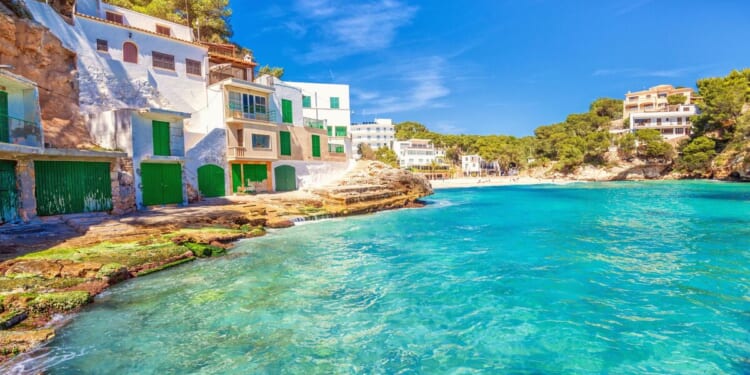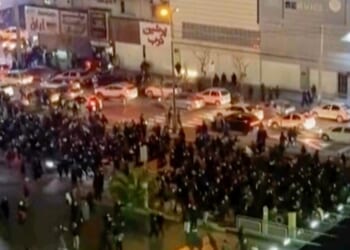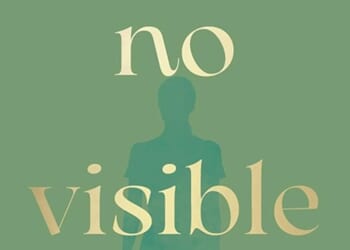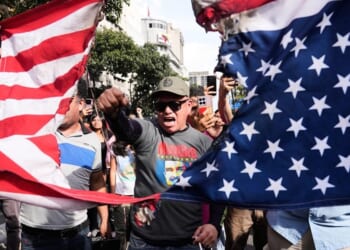Estate agencies operating on the popular Spanish island of Majorca have hit back at angry protesters who have accused them of selling propeties to foreigners at the expense of local familes. Two weeks ago, the SOS Residents pressure group sent a letter to members of ABINI, the association of national and international real-estate agencies, in which they said: “Every luxury villa sold to a millionaire, a retiree, or a foreign family means a local family without a home […] The residents of Mallorca no longer want you, if you come to speculate, to make a profit, and to empty our towns. Do business in your own home.”
ABINI, an exclusive group of agencies, many international, that typically operates at the high end of the property market with a predominantly foreign client base, has now responded, questioning if these anti-mass tourism protesters want the island’s most vital industry to be banned in its entirety. Calling for “a state pact on housing”, the association said: “We are also residents of the Balearics. Our children study here, and we share the same problems. Do they also want to ban tourism so no one comes to enjoy the Balearics?”
The statement, signed by the ABINI president, Daniel Arenas, cited the legal problems that a ban on selling homes to foreigners would provoke, while pointing out that “the exodus of Mallorcans has the same effect on prices and supply in other areas of Spain”. The housing problem “affects society internationally, not just locally,” it added, according to the Majorca Daily Bulletin.
Regarding the causes of rising house prices in Majorca, the association pointed the blame at a “lack of new housing developments and the stagnation in space creation the enormous rise in the price of materials, housing taxes, a lack of social housing, and incessant political dispute”.
“We don’t set prices, owners do. And it’s not true that every sale of a luxury home leaves a local family homeless,” the statement continued. “Less than a third of sales in the Balearic Islands are to foreigners, many of them directly between foreigners. It is natural and legitimate for any homeowner to want to obtain the maximum possible value for their home.”
It added that their partners have been working hard to “dispel the erroneous myth among sellers” that for every home “there’s a foreigner who wants to buy it”.
In Majorca, like in many tourist hotspots in Spain, home prices and rents have soared far beyond what many residents can afford, with some workers even forced to live in cars, caravans, or tents. Meanwhile, many properties remain vacant for much of the year because they are owned as second homes or rented out to tourists for their short stays, drastically shrinking the supply of long-term housing available to locals.
Property owners have realised that they can earn far more through platforms like Airbnb than from year-long leases, exacerbating a crisis also affected by high tourist pressure and insufficient affordable housing development. At the same time, wages on the island have failed to keep pace with the surging cost of living, leaving many working people – especially those in hospitality and services – unable to stay near their jobs or maintain stable housing.
Authorities are now under pressure to act. Proposals include stricter regulations on short-term tourist rentals, taxes on vacant or non-resident-owned homes, and large-scale social housing projects funded by the Spanish government and EU grants. Some municipalities are already capping new holiday rental licenses, while others are calling for more radical reforms to protect locals.

















